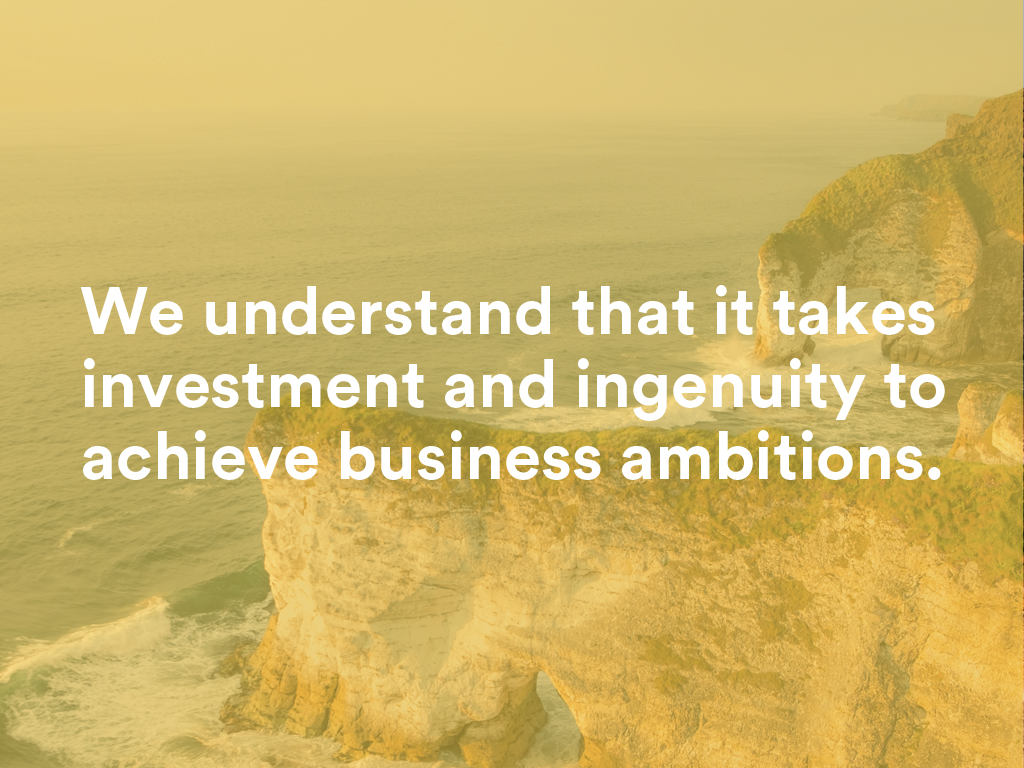December 2020
Looking back on 2020 it is fair to say that it hasn’t quite turned out as most of us anticipated from both a personal and a business perspective. The implications of the COVID-19 pandemic have been significant and continue to unfold as the situation evolves.
Whilst the pandemic was impossible to predict, it is becoming clear in today’s world that one certainty going forward is change. Most of us tend to plan for stability but given the constant change, whether that be technology, Brexit or pandemics – should our default position be to plan for change?
2020 is a year that many businesses are ready to close the door on, however it is critical that we look back on the key learnings in order to build and develop leaders and businesses that are resilient and fit to manage and recover quickly from the next “change” – which will inevitably come.
It has been an insightful journey working in partnership with a portfolio of local SMEs operating across a range of sectors throughout the COVID-19 pandemic. Whilst there was the initial panic of lockdown and some businesses closing temporarily, it was encouraging to see how many businesses demonstrated their ability to adapt, be agile and pivot where possible to best manage the position. Examples include:
- A textile business very quickly identified opportunities to play a role in the production and supply of PPE into the healthcare sector;
- A local SME used its skills and experience to collaborate with a number of other companies to successfully deliver significant contracts to supply COVID-19 testing kits across the UK and globally;
- A food production business that was heavily reliant on the hospitality sector adapted their product range to supply food into the NHS, including COVID-19 test centres throughout the UK; and
- A number of businesses accelerated their e-commerce strategies which have now become a core revenue stream going forward.
In facing any type of uncertainty there is always likely to be variables outside of the control of businesses and as such it is critical that management do what is within their control to build and develop resilience. Experience working with businesses and management through this cycle of uncertainty has highlighted a number of key attributes in building resilience within business:
- Formulation of a solid strategic plan with supporting financials;
- A strong leadership team with good governance and controls;
- A committed and motivated employee base;
- Strong engagement and communication with key stakeholders (including funders);
- Risk management and contingency planning;
- A willingness to adapt and be innovative; and
- Consulting and seeking professional advice.
From a funders point of view it is essential that a business builds a trusted relationship with each of its stakeholders. Strong stakeholder engagement provides benefits to both the company and the stakeholder and can be particularly critical in times of change.
As a lender, working collaboratively with businesses has enabled the sharing of knowledge, experience and expertise to create innovative solutions and opportunities. Having a strong relationship with clients and a knowledge of the business provides lenders with the confidence and ability to react quickly when required in order to support the business through times of uncertainty.
A strong leadership team is crucial to the success of any organization. However there will be times when even the best management teams need to consult externally and seek professional advice. Whilst external advisors are unlikely to have the in-depth knowledge of the business that the management team will hold, the independent perspective and challenge alongside the specialist expertise and experience that they bring to the table can be invaluable.
As a funder, the benefits of businesses engaging an external financial advisor have been very tangible at the initial application stage and throughout the relationship with the business. Financial advisors will have a strong insight into the local funding market, including the likely appetite of lenders and can leverage their network of relationships to assist in funding discussions. The involvement of an external advisor can also provide an additional layer of confidence to the lender and enable a more efficient application process due to their understanding of what funders require.
So as we move into 2021, we still don’t know all the answers and the year ahead will undoubtedly hold a lot of uncertainty but also opportunity for local SMEs. The ability for businesses to continue to develop the key attributes to build resilience is paramount and adapting the mindset to plan for change will assist in delivering growth and overall success. In the words of Richard Branson:
“Every success story is a tale of constant adaption, revision and change” – Richard Branson
